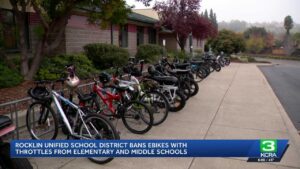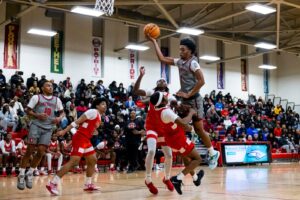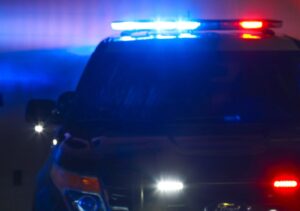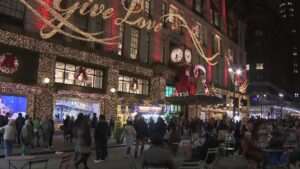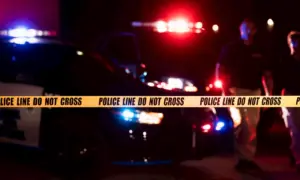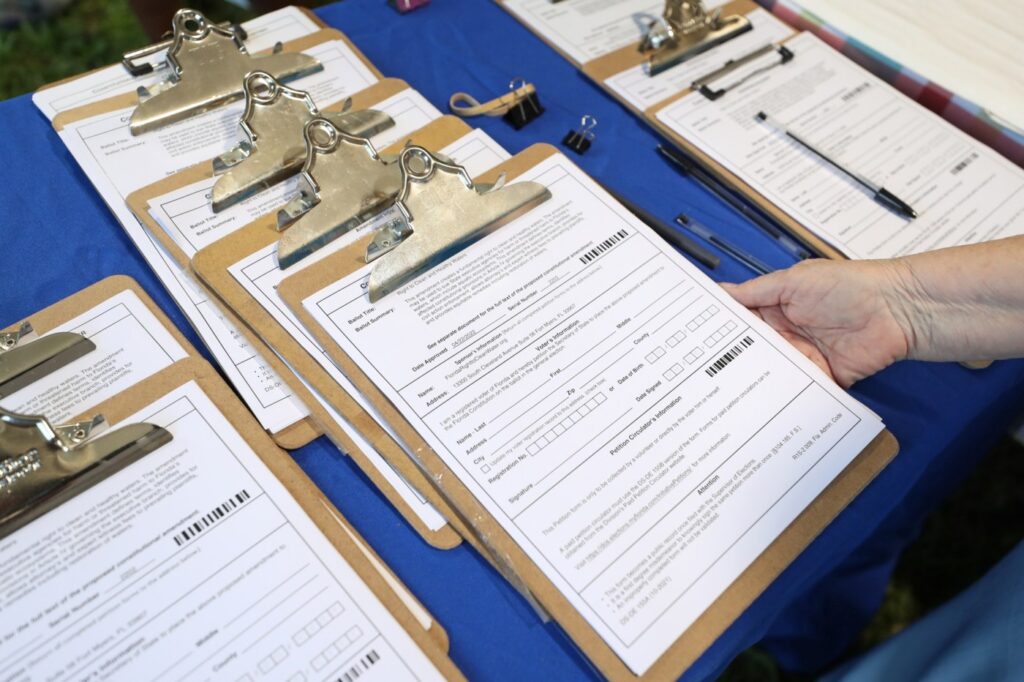
In a significant legal development, the 11th U.S. Circuit Court of Appeals has put on hold a ruling that blocked portions of a Florida law restricting non-residents and non-U.S. citizens from collecting signatures for ballot proposals. This decision, made by a divided panel on Tuesday, allows the law, known as HB 1205, to remain in effect while legal challenges continue.
The appeals court’s ruling comes in the wake of a federal lawsuit filed by Florida Decides Healthcare, a political committee aiming to expand Medicaid coverage. The lawsuit asserts that the restrictions violate the First Amendment rights related to political speech, particularly targeting non-citizens and non-residents who wish to participate in the ballot process. Another plaintiff in the case is Smart & Safe Florida, which is advocating for a recreational marijuana initiative.
Legal Background and Court Ruling
In July, U.S. District Judge Mark Walker issued a preliminary injunction against the law, asserting that it excessively limited the activities of petition-gathering committees. However, the three-judge panel of the appeals court, in a 2-1 decision, sided with the administration of Governor Ron DeSantis, stating that the state presented a strong case that HB 1205 does not infringe on First Amendment rights.
Judge Barbara Lagoa, writing for the majority, noted that the law does not restrict any speech elements involved in the petition process. She emphasized that while the law limits who can collect signed petitions, it does not prevent non-citizens or non-residents from distributing blank forms or engaging with voters on political issues. “Nothing in HB 1205 limits a non-resident or non-citizen from speaking to and attempting to persuade a Florida voter on any political issue whatsoever,” Lagoa stated.
Under the provisions of HB 1205, individuals or organizations that knowingly violate the restrictions could face fines of up to $50,000 and other penalties. Petitions gathered by non-citizens or non-Florida residents would need to be discarded.
Reactions and Implications
Following the court’s decision, Attorney General James Uthmeier expressed support, asserting that out-of-state individuals should not be allowed to collect petitions from Floridians. “The 11th Circuit Court of Appeals agreed and put a stop to a district court that tried to legislate from the bench,” Uthmeier stated on social media.
In stark contrast, Judge Nancy Abudu, who dissented from the majority opinion, argued that the ruling deviated from established legal precedents and could draw scrutiny from higher courts. “The state’s defense of the law is a drastic departure from First Amendment case law,” Abudu argued in her dissent, highlighting the potential for the law to restrict political participation significantly.
Advocates for the Medicaid ballot initiative described the ruling as disappointing, predicting that the law would ultimately be deemed unconstitutional. Mitch Emerson, executive director of Florida Decides Healthcare, criticized the court for dismissing First Amendment concerns, which he believes undermines the foundation of citizen-led campaigns.
The ruling has significant implications for groups seeking to gather the required 880,000 valid signatures by February 1, 2026, to qualify for the ballot. The restrictions have already led to Smart & Safe Florida terminating hundreds of out-of-state workers involved in their campaign for a revised recreational marijuana proposal.
This case illustrates the growing divide within the judiciary regarding interpretations of free speech and political participation. The contrasting opinions reflect broader ideological divisions among judges appointed by different presidential administrations, with Lagoa and Branch appointed by former President Donald Trump and Abudu appointed by former President Joe Biden.
As the legal battle unfolds, the implications for ballot initiatives in Florida remain uncertain, with advocates vowing to continue their fight for constitutional protections in the face of challenging new regulations.



